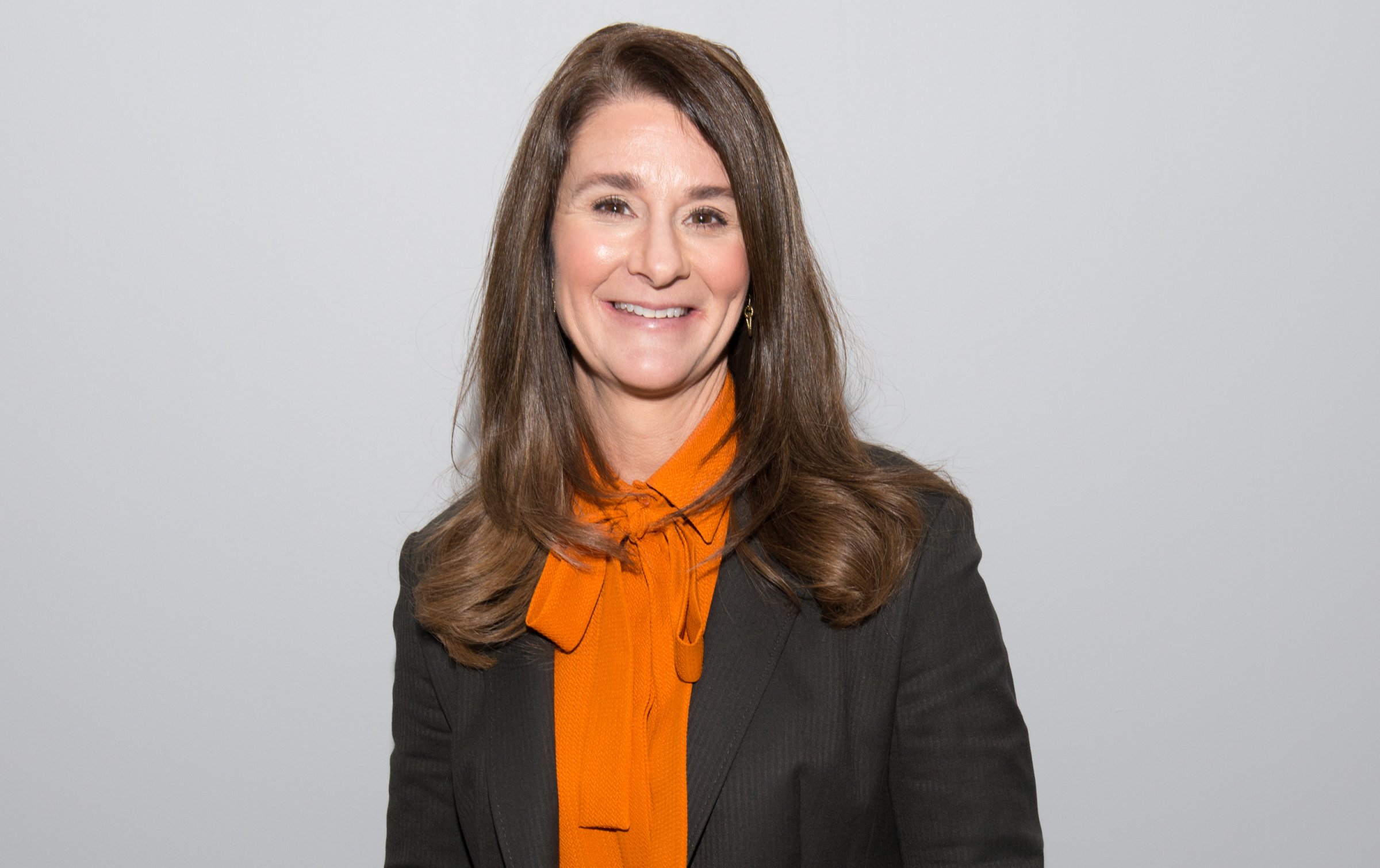
We remember Martin Luther King, Jr., of course, for his extraordinary leadership during the Civil Rights Movement, his insistence that nonviolence could be stronger than brutality, and the moral clarity of his letters and speeches. In fact, his work on behalf of civil rights was so important — and so effective — that we sometimes forget that it was only one front in his fight against injustice, only one part of legacy he leaves behind.
In 1968, just four days before he was killed, Dr. King spoke at the National Cathedral in Washington, D.C., calling for a new global effort to eliminate poverty. He’d spent the previous year organizing the “Poor People’s Campaign” to demand that the nation address the crushing poverty that still traps so many Americans today. The Day of Service we observe on January 16th reminds us that the work he advanced still continues.
A Day of Service is a fitting tribute to a man who preached that “life’s most persistent and urgent question is ‘what are you doing for others?’” A man who dreamed of an America where his four children would “not be judged by the color of their skin but by the content of their character”— but also of an America “where all our gifts and resources are held not for ourselves alone, but as instruments of service for the rest of humanity.”
When I think about what it means to be an instrument of service, I think about the lessons I learned growing up in Dallas at home and at school. We were a churchgoing family, and my parents believed strongly in Catholic teachings about social justice. They sent me to a Catholic high school where the motto was serviam— I will serve — and taught me to live my faith through action.
At the time, I never dreamed that I would one day have the chance to lead an organization like the Gates Foundation or the opportunity to travel to the world’s poorest places to hear about the lives and hopes of the people who live there. The sixteen years since Bill and I started our foundation have been an incredible journey in so many ways. But one of the most important lessons I’ve learned is that no matter who you are, no matter what your circumstances or resources, you, too, have the power to be an instrument of service.
Yes, the challenges our world faces are enormous, and taking that first step can be daunting. But it’s important to remember that changing the world doesn’t always look like changing the world.
Many of the people I meet who are working to lift up their communities will never set foot in the halls of the U.N., or attend a meeting in the White House. Instead, they’re people like Sally Kuchawo, a healthcare worker in Malawi who spends her days empowering young midwives with the skills to safely see women and newborns through labor and delivery. Women like Sabita Devi, who organized the women in her rural Indian village to apply for the community’s first toilets to keep their kids safe and their village healthy. And they are men like Shawn Wambua, a community activist in Kenya who is drawing on his own experience as a teenage father to teach other young people about the importance of contraceptives.
Like the relatively unknown Georgia preacher who organized a community to boycott segregated buses, each of these changemakers saw a problem and dared to become the solution. Each of these men and women attached an act of courage to their belief that a better future is possible.
Now, it’s your turn. Let’s honor Dr. King by waking up on Monday morning and asking ourselves what we are doing for others. Then, let’s wake up the next day and ask ourselves again. Let’s keep asking this question every morning for a lifetime — and let’s challenge ourselves to follow Dr. King’s example by answering it with something more powerful than words.
Melinda Gates is a businesswoman and philanthropist. She is the co-chair of the Bill & Melinda Gates Foundation.
MOTTO hosts provocative voices and influencers from various spheres. We welcome outside contributions. Opinions expressed do not necessarily reflect the views of our editors.
More Must-Reads from TIME
- Donald Trump Is TIME's 2024 Person of the Year
- Why We Chose Trump as Person of the Year
- Is Intermittent Fasting Good or Bad for You?
- The 100 Must-Read Books of 2024
- The 20 Best Christmas TV Episodes
- Column: If Optimism Feels Ridiculous Now, Try Hope
- The Future of Climate Action Is Trade Policy
- Merle Bombardieri Is Helping People Make the Baby Decision
Contact us at letters@time.com